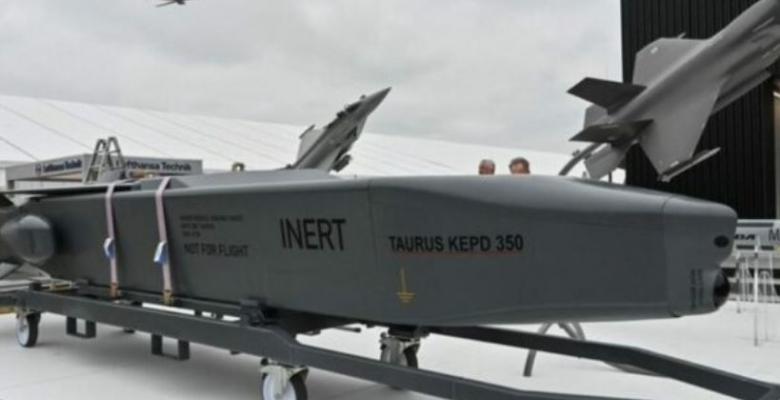Germany, Back to Year Zero?
especiales

This has happened before. After initiating and losing World War I, Germany was punished so severely by the victors that the emerging Nazi movement easily crushed social democracy, persecuted and murdered communists, and devised their extermination plan against Jews and Slavs. Their occupation of Europe ended only with Germany’s second defeat, symbolized by the Soviet flag flying over the Reichstag.
Yet, Germany’s most ruthless elements found refuge in the West and now threaten a new reckless venture. Alongside their imperialist partners, they are using Ukrainians to wage aggression against Russia. Facing the imminent failure of their anti-Russian campaign, they now risk pushing the world to the brink of a Third—and potentially final—World War, refusing to accept a deserved setback from Moscow.
Now, the new Merz government has decided to "authorize" Ukraine to strike Russian territory with long-range German weapons, including the Taurus missile, known for its destructive effectiveness. This move undermines Moscow’s efforts to reach a negotiated end to the conflict, one provoked by the United States and its European NATO allies.
As reported by EFE, the German chancellor confirmed that his country has joined others—such as the UK, France, and the U.S.—in lifting restrictions on Ukraine’s use of Western-supplied weapons against military targets deep inside Russia.
"There are no longer any range limitations on the weapons supplied to Ukraine—not by the British, the French, the Americans, or by us," he stated.
The Merz government has also opted for greater secrecy to avoid jeopardizing arms deliveries to Ukraine, refusing to comment specifically on the Taurus missiles. His predecessor, Olaf Scholz, had firmly rejected sending these missiles, fearing Russia would interpret it as direct German involvement in the war, given that only German military personnel can operate them.
Russian President Vladimir Putin had already warned that Western permission for Ukraine to strike Russian territory with long-range weapons would mean that "NATO countries, the U.S., and European states are waging war against Russia."
A DANGEROUS STEP
While Russia seeks a new round of negotiations to resolve the Ukrainian crisis—even amid Germany’s threats—Russian Foreign Minister Sergey Lavrov has offered Kyiv a second round of talks in Istanbul on June 2.
Dr. Fabricio Ávila, a political science expert and president of the South American Institute for Policy and Strategy (ISAPE), noted that from a strategic standpoint, Western missiles could target sensitive Russian military installations, including those housing nuclear-capable vehicles.
"In this scenario, Russia would have to respond against Ukrainian forces, which would harm peace negotiations," he added.
Regarding Russia’s defensive capabilities, Ávila emphasized that Moscow can track missile launch trajectories and deploy electronic warfare systems like the Krasukha, which can disrupt the Taurus missile’s guidance systems.
Analyzing Germany’s decision, Ávila suggested it aligns with Berlin’s push to strengthen its military. However, the consequences could be dire: Russia may perceive this as a direct Western attack, potentially escalating into a broader conflict. Additionally, Germany’s rearmament could revive intra-European rivalries, particularly with France, which may view the move unfavorably.
Russia’s stance was reaffirmed at the United Nations: "Moscow is prepared to intensify hostilities in Ukraine for as long as necessary."
The objective is clear—European nations seek Russia’s defeat, or at least its exhaustion, pressuring Zelensky to fight "to the last Ukrainian." They also aim to prevent the U.S. from engaging with Russia, framing military strikes as deliberate attacks on civilians.
As Margarita Simonyan, editor-in-chief of RT, warned: "If German weapons are used to strike Moscow… Russia will have no choice but to retaliate directly against Berlin."
The situation grows increasingly perilous, with Germany’s actions risking a catastrophic escalation.
Translated by Sergio A. Paneque Díaz / CubaSí Translation Staff













Add new comment